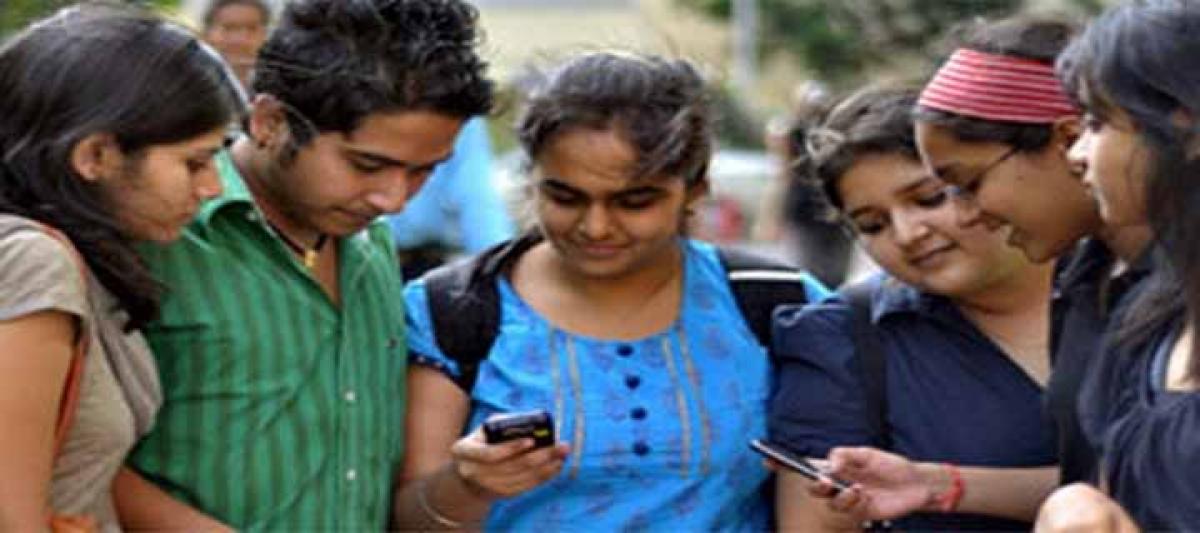Live
- This Tamil Nadu village says no to firecrackers to protect 'Bat Grove'
- IPL 2025: Virat Kohli, Rajat Patidar, and Yash Dayal retained by Royal Challengers Bengaluru
- TN fireworks manufacturers sell Rs 6,000 crore worth of fireworks for Diwali
- Pant, Rahul & Iyer among big-ticket names heading to IPL 2025 mega auction
- Amit Shah performs darshan & puja at Gujarat’s Lord Swaminarayan temple
- Temples too marked as Waqf property, claims K’taka BJP
- Community Unites in Maldakal to Demand Justice for Vadde Rajeshwari
- IAS officer Lalengmawia takes charge as acting Chief Secretary of Mizoram
- iOS 18.1 Brings New Features to iPhones: Apple Intelligence, Enhanced AirPods and More
- IPL 2025: Trying to trim the retentions down to six was very challenging, says Venky Mysore





.jpg)




